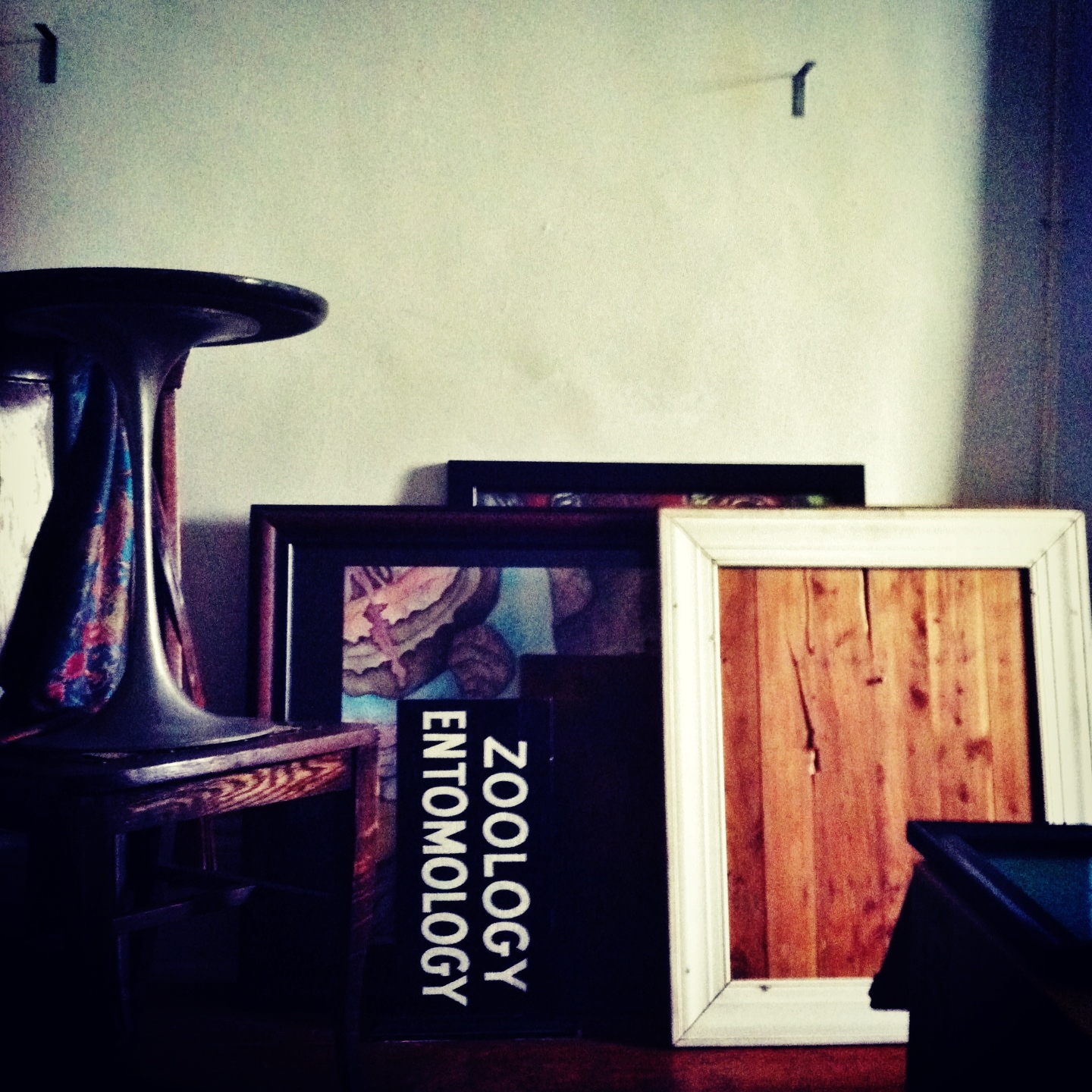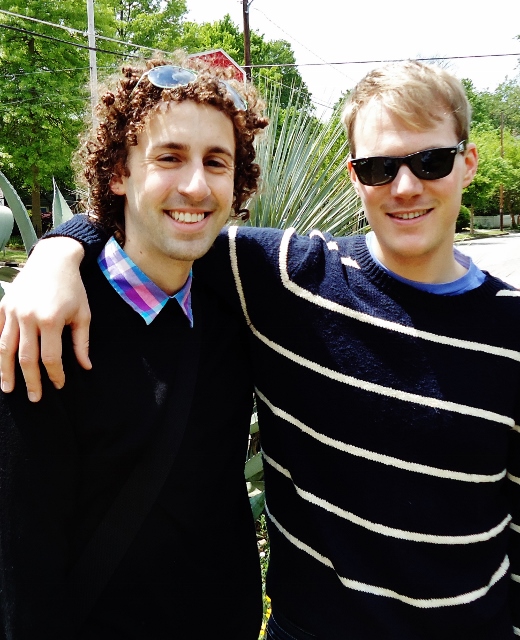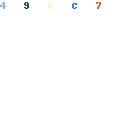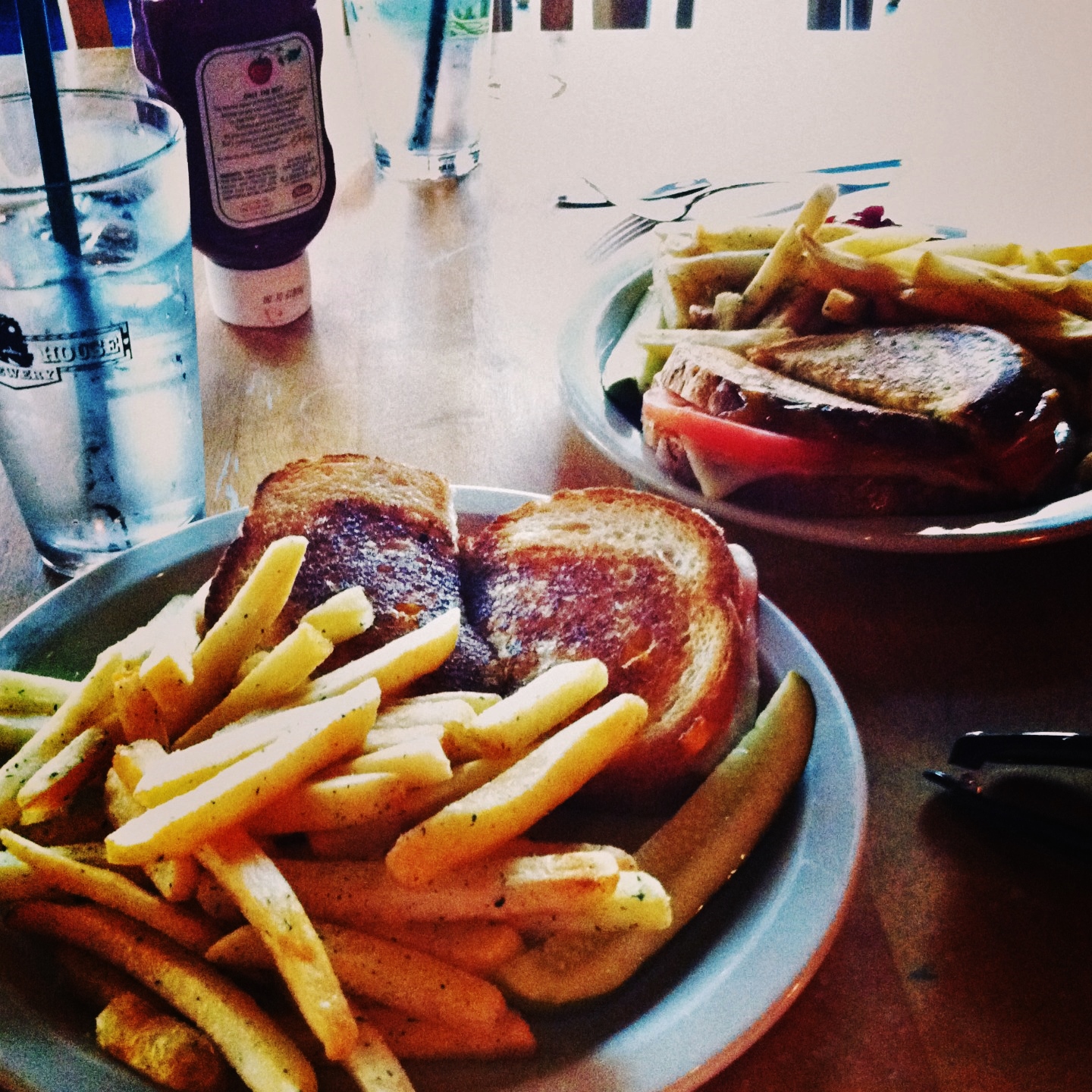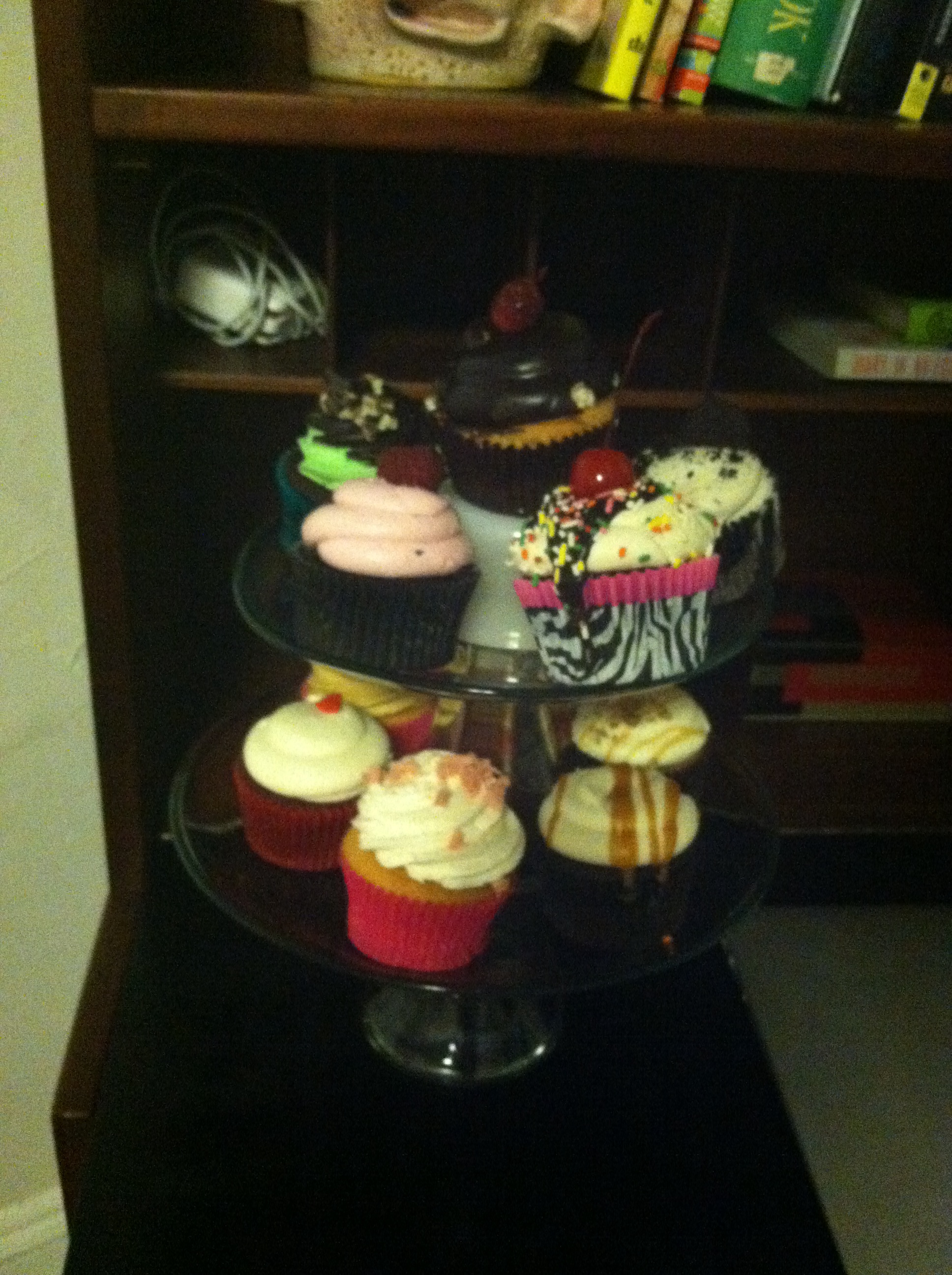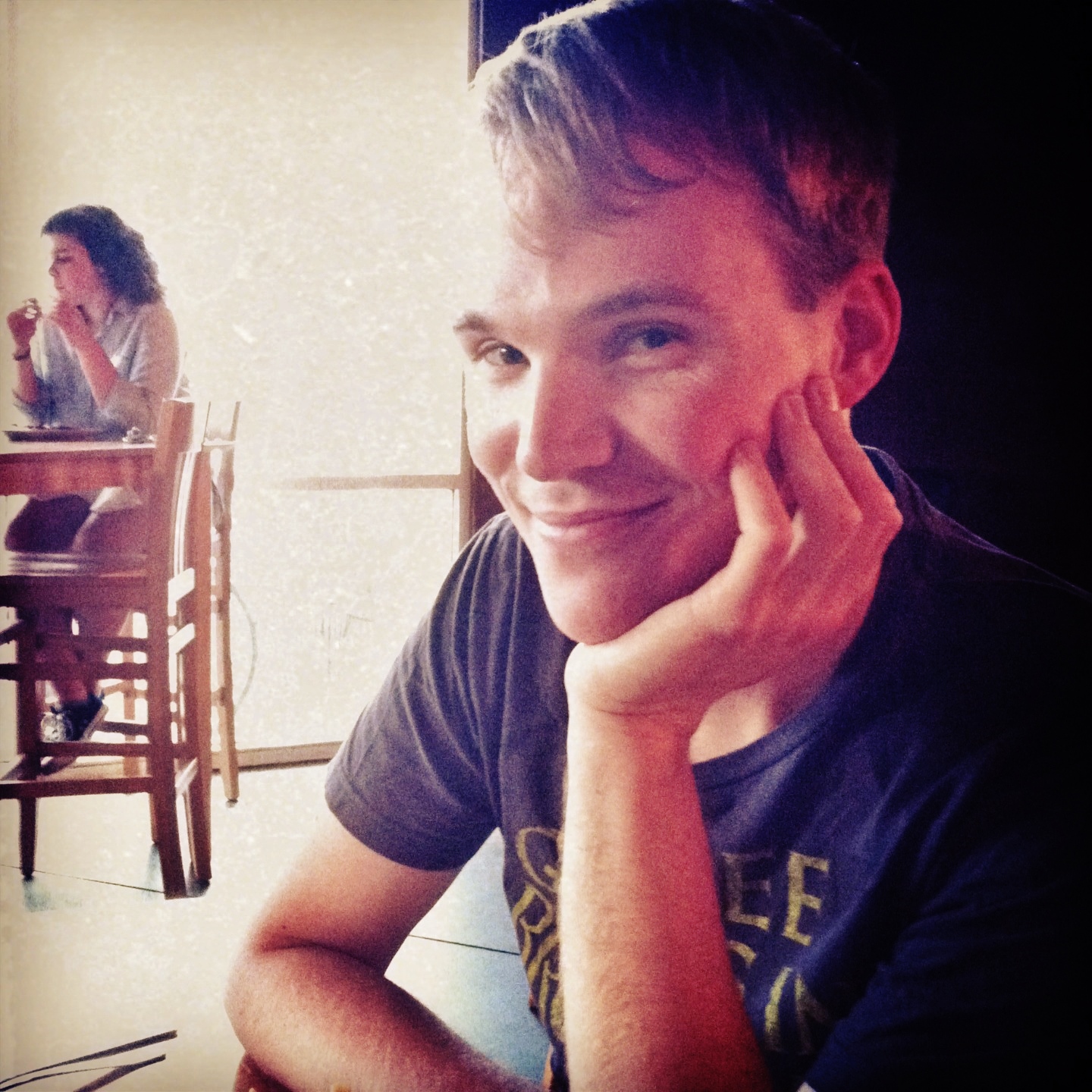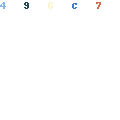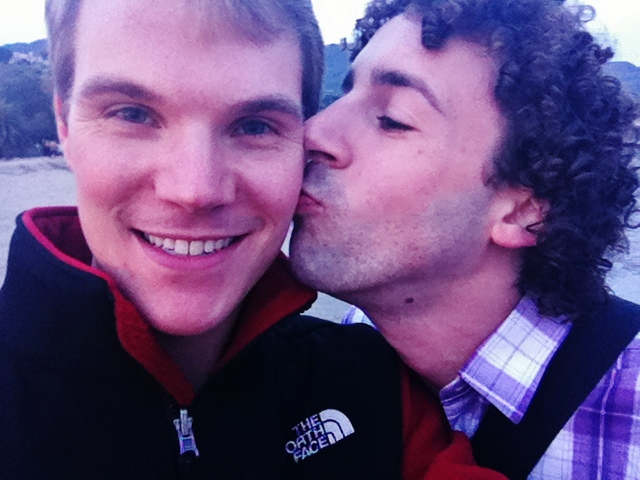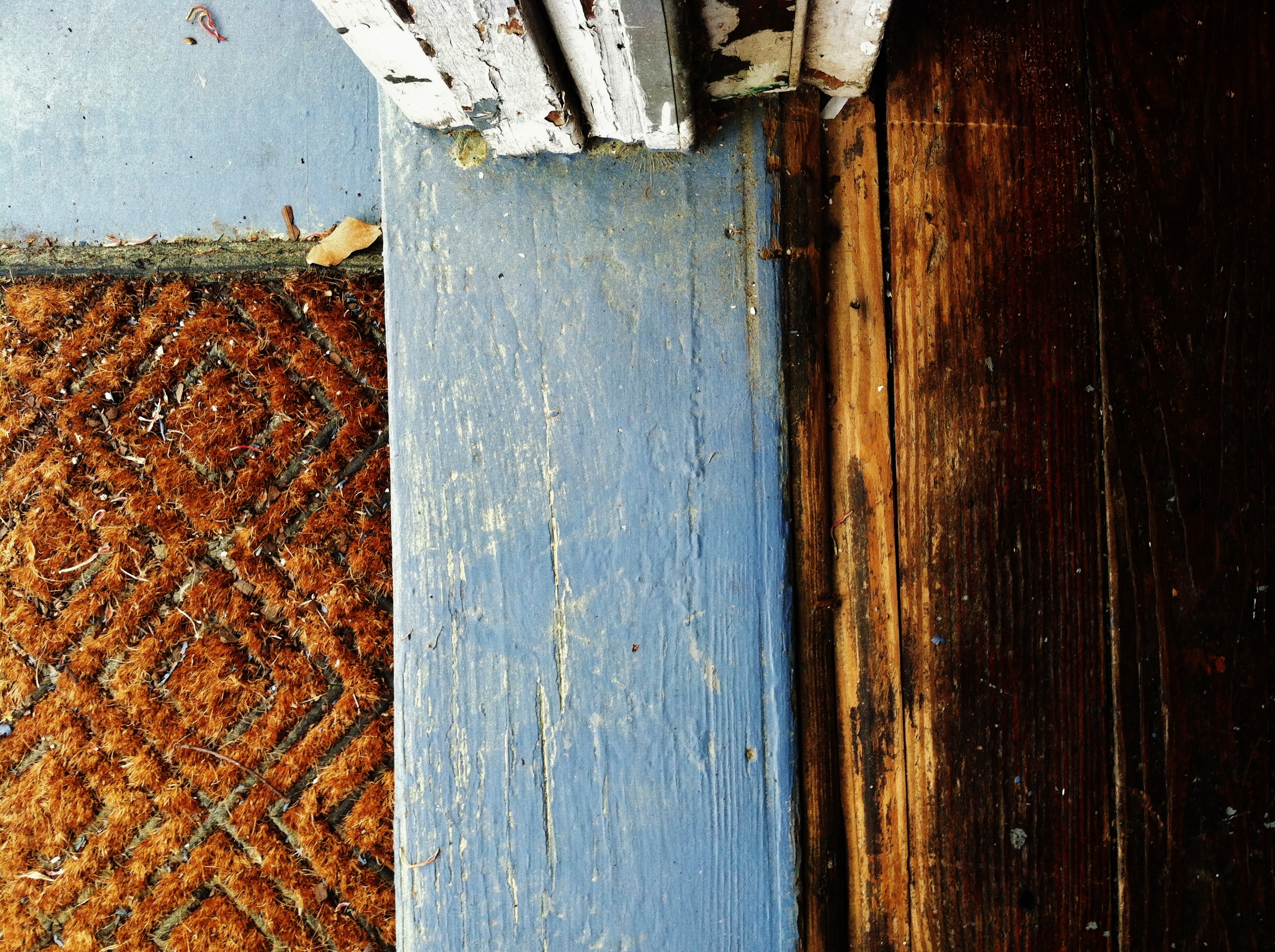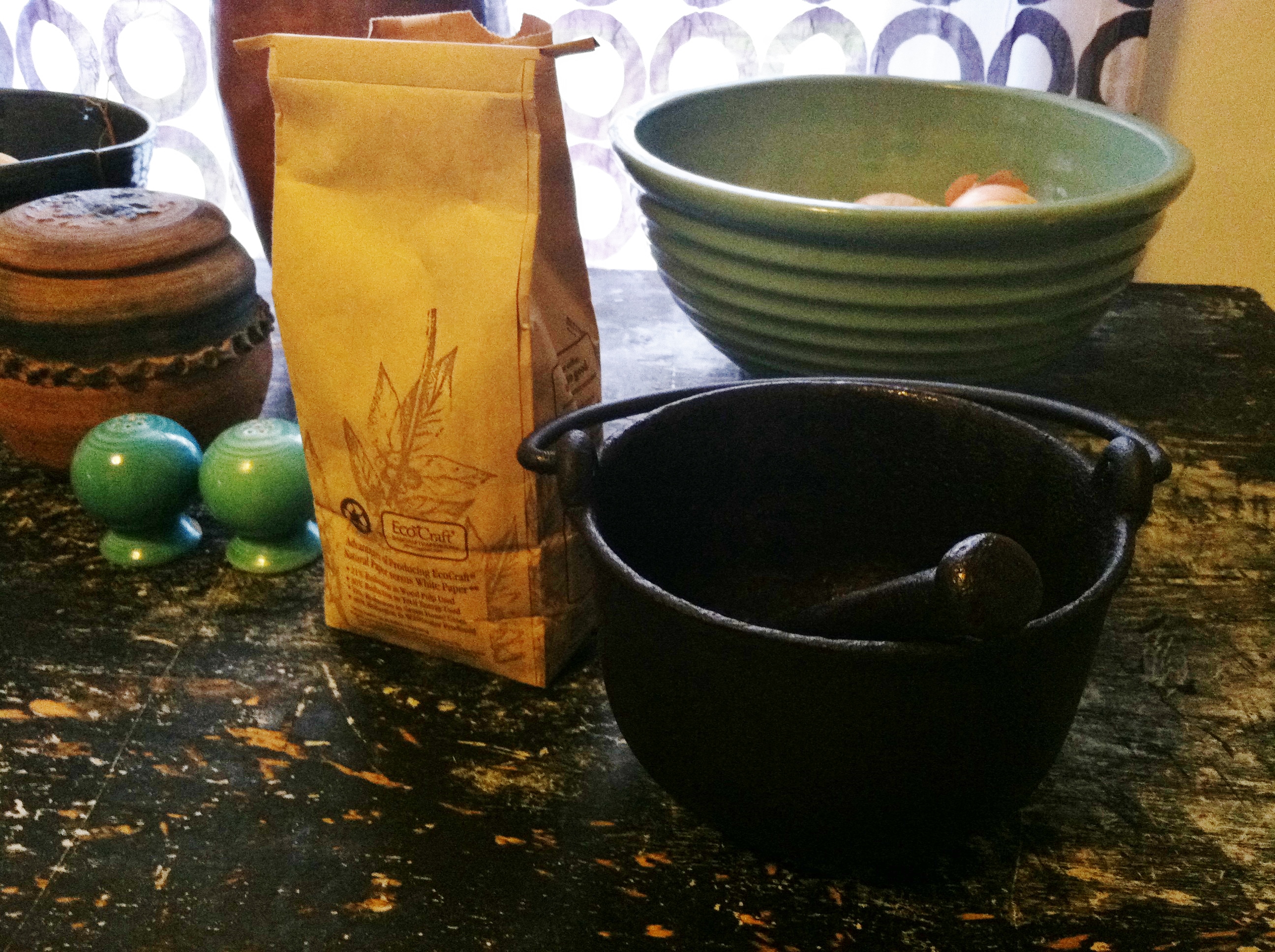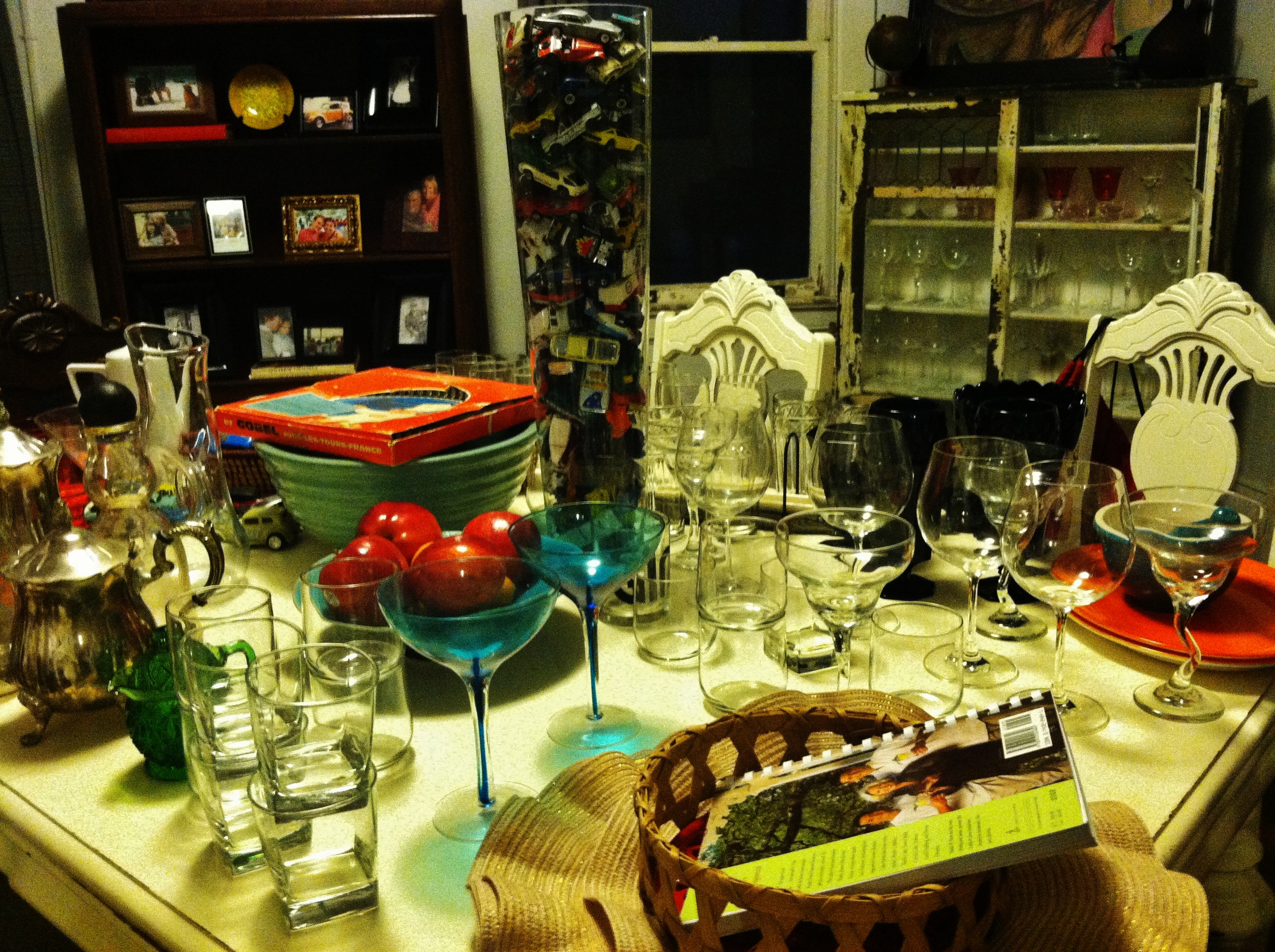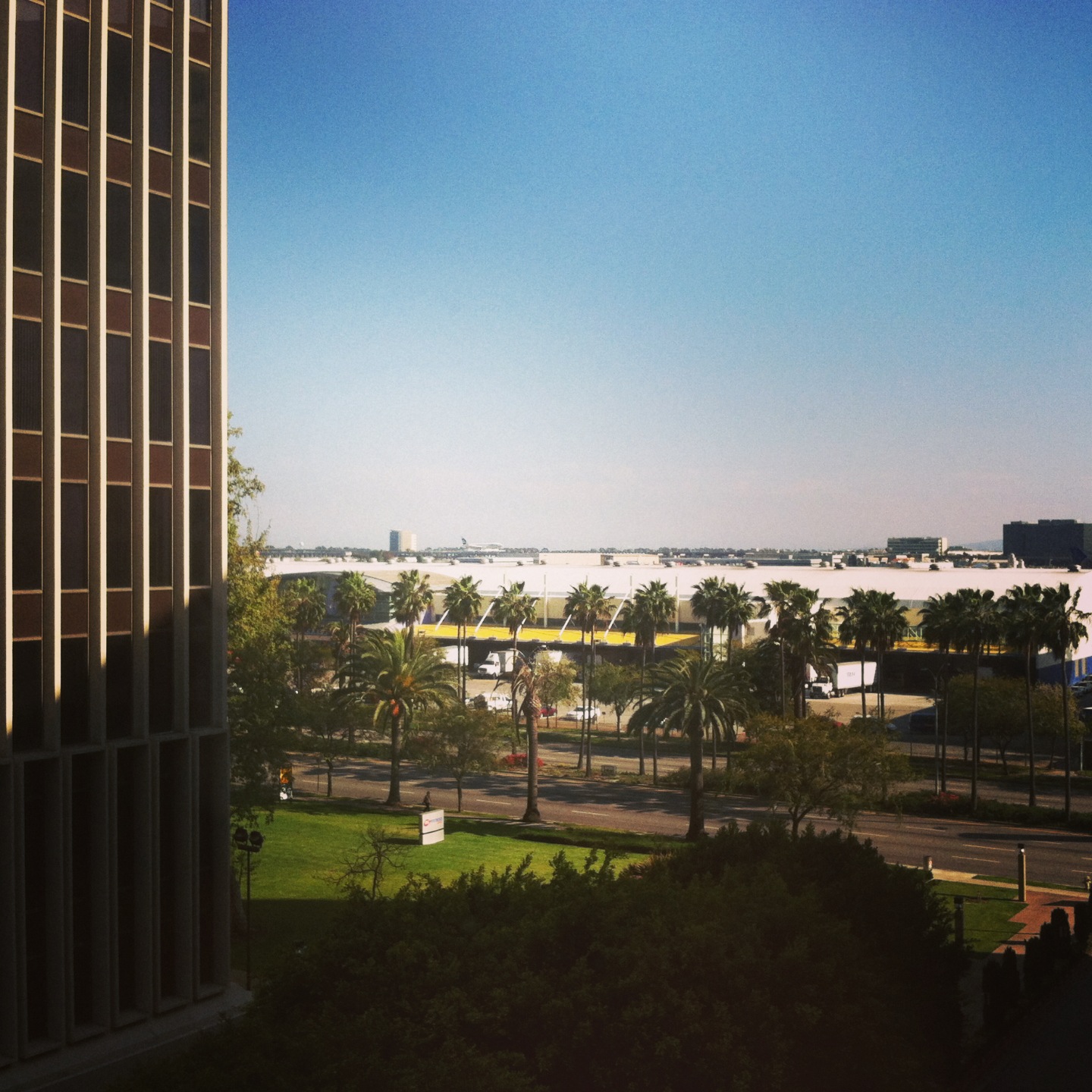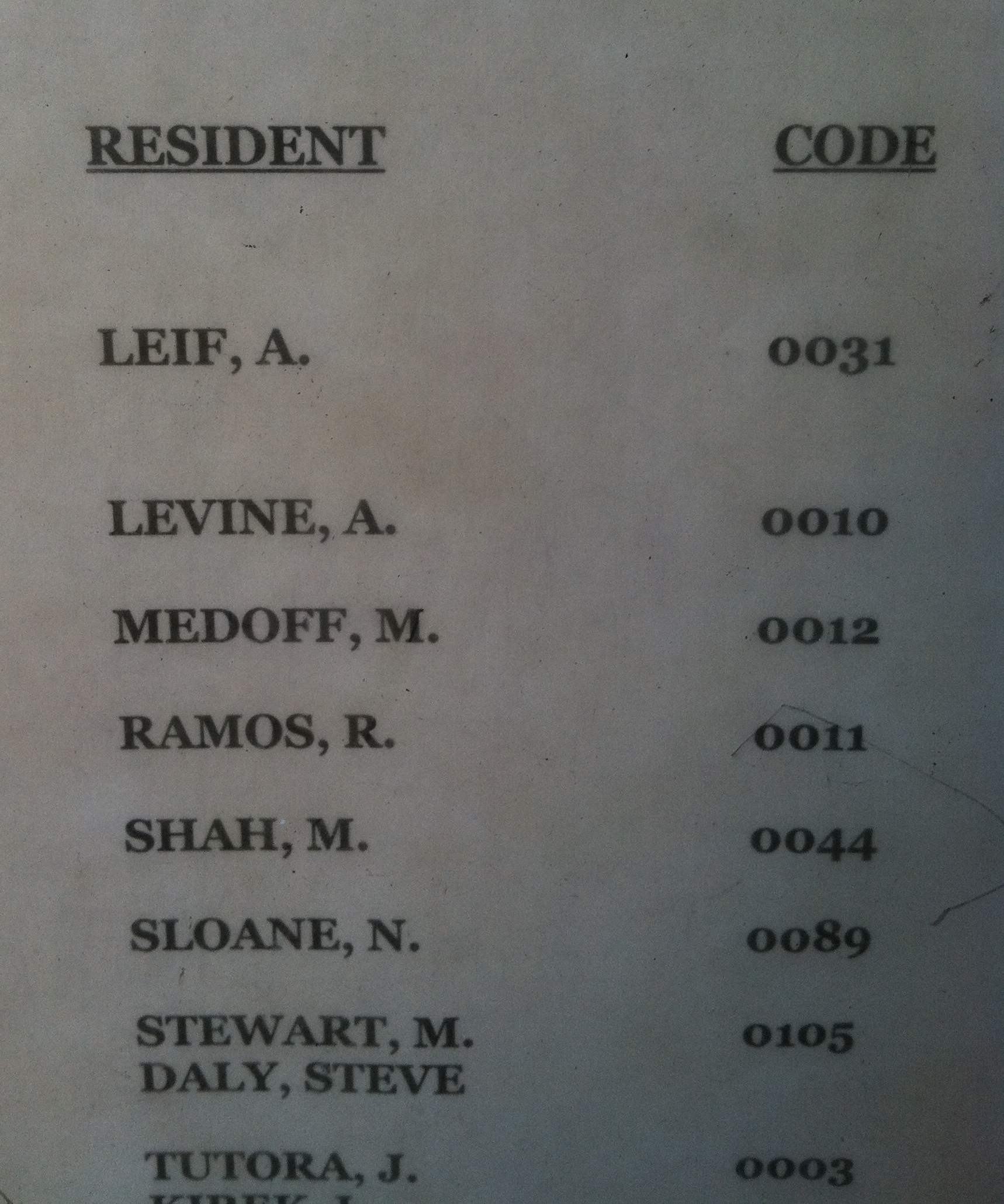These days, it’s hard not to think about getting the short end of the stick.
Whether it takes the form of a pink slip, a bullying boss, or an increasingly high credit card or student loan payment, Millennials are being forced to face the harsh realities of life in an economically upended America.
Rather than the American Dream many of our baby-boomer parents and their parents sought to realize, we’re left with the collective dregs, the American Nightmare: high unemployment, higher costs of living, and uncertainty around every bend in our life journey.
To be sure, no one–not our parents, nor our grandparents–has had an easy ride. Unless you’re born into a royal family, everyone has to struggle for what they want out of life.
But somewhere along the way, we got complacent.
We figured that things would fall into place. That we wouldn’t have to work overtime, that our weekends would be wide open. We’d be able to visit family whenever we wanted, and would have that future we’d imagined and were always told we’d have.
But then the Great Recession swallowed up that utopian image, regurgitating back a bleak future for those preparing to enter the job market, to make tremendous strides toward those lofty goals.
***
January 2008 found me mulling over the idea of leaving graduate school. It turned out academia wasn’t for me, and I began to hash out logistics for my atypical departure from a traditional PhD program.
Whether it was because I was so tuned to my graduate career’s rigors, or because I let myself be lulled into a false sense of normalcy, I didn’t really think much of the fact that “recession” was becoming more widely discussed in the media.
Several months later, right after my funding was dropped, I found a job. And I was immensely lucky–more so than I realized.
Immediately after I was brought on, the recession’s impact hit home.
Friends began hearing rumors of funding cuts. Others lost their jobs. But my coworkers and I kept our heads down, our noses to the grindstone, as we hotel-hopped to various contracting jobs.
During the evening downtime, I’d allot dinner to the world news before returning to my defunct laptop to rap away the findings of my MA research. Oftentimes, dinner left me hungry for brighter days. Still, I told myself that things would get better. I would finish writing my thesis, the economy would rebound, and things would be okay.
They had to be, because this life wasn’t what I’d signed up for when I’d chased my childhood dream of becoming an archaeologist.
***
The next months didn’t get easier. My thesis had to be gutted and re-started, and the contracting jobs became more widely distributed, leaving little time at home, and even less time to act like the young twenty-something all of the movies portrayed.
Living in a hotel for nearly six days out of a week wasn’t glamorous, and wasn’t me. But it’s what barely paid the bills. Savings was nearly all devoted to school, and what couldn’t cover it came out of my pocket.
It was all worth it, though. I had to keep telling myself that.
After all, what was the point of putting myself through the wringer if it wasn’t going to literally and figuratively pay off?
As more time passed, and “furlough” became a common word whispered throughout my office, I revisited that question over and over again.
December 2008 found me scrambling for hope and a full paycheck. When I found out my grandfather was transferred to hospice, I took what little time off I’d earned by working overtime. Regardless of the economy, family still came first.
But when my grandfather passed Christmas Day, I watched from my office window multiple states away as three children spilled out of a car in front of a nearby house and ran up to their waiting grandparents. I’d had to tell my grandfather goodbye while he was still fully cognizant. And while we’d had our disagreements in life, I still felt cheated that I’d had to leave prematurely before his permanent departure.
“Well, I guess the next time you see me, I’ll be in a tiny box.”
That was one of the last things he ever said to me. And he was right. All because I had no benefits, and no paid time off. Had I stayed, I wouldn’t have been able to pay my bills.
***
As the nation watched its economy crumble even more, and the war wage on, I was revising yet another MA thesis iteration, and was hoping for something to change. Anything.
A few months later, I went to the doctor for biopsy results.
“It’s cancer.”
The spot I’d noticed a year before on my face was, in fact, a basal cell carcinoma, the most common form of skin cancer. Albeit common and relatively innocuous, I still couldn’t quite wrap my mind around that C-word. And since my funding was cut the previous year, and my current job afforded me no benefits, I certainly didn’t have the healthcare coverage to cushion the blow.
With a bandage covering the test site on my face, I walked into the cool air and couldn’t comprehend that I wasn’t even 25 years old and had some form of cancer. That I didn’t have healthcare. That I’d soon have a degree that I’d been killing myself over that’d be all but useless in the economic cesspool in which everyone was reaching for a life jacket.
***
Unlike so many, I was fortunate enough have my parents’ help. Because of my age, I was still able to be covered under their health insurance.
Two days after I defended my thesis and turned the final copy into the graduate school, the right side of my face was cut open to remove a half dollar-sized chunk of cancerous flesh. The resulting scar has always been a reminder, not so much of my brush with cancer, but of how close I’d come to disaster over the past year.
***
About six months later, the rippling waves from the development markets began lapping at my company’s doorstep. Construction projects that’d been in the works were no longer funded. Other projects were cancelled indefinitely. And furloughs became a reality.
And when our boss held a meeting, we all knew it was that meeting.
“If you haven’t started looking for other jobs, now is the time.”
Many of us had seen the writing on the wall, but we didn’t want to read it. To fully digest the words.
But with that single sentence ringing in my head, I knew I was dancing around the corner of another pitfall.
And through fortuitous happenstance, I was able to abandon the sinking ship with a fortunate few others. We’d made it onto a lifeboat. Many others did not.
***
My lifeboat delivered me to a military installation, at which I docked for nearly three years. But this was a job with no benefits and a nearly three hour round-trip commute. And after enduring years of lackadaisical management and emotional abuse from putative “supervisors,” I couldn’t take it any longer.
Two months ago, in anticipation of the sequester and contractual cuts, and even though I didn’t qualify for unemployment, I left my job. It wasn’t an easy decision. But my partner and I decided that it was for the best. After all, at a time when everything is in limbo, home life takes priority. It has to be shielded from a constant in-flow of work-related toxicity.
Managing our lives is the most important thing in life. But Congress often quantifies us in monetary terms–how much we’re costing them, how much we’re “free-loading.” But what Congress doesn’t see are the effects that their measures have on you–the person, the citizen.
They don’t see you go home and cry. Nor do they hear you tell your partner, your parents, your friends that you’re going to lose your job. They don’t feel the humiliation, the hopelessness. They don’t wonder what will happen, and where that “happily ever after” went hiding.
They don’t hear a flight attendant say, “I can’t afford to start over now.”
They don’t see the charity of the elderly woman in a laundromat who, after refusing $.50 for a complimentary stint at the dryer, says, “At my age, this small money not important. I need big money like a lot.”
They don’t understand how much less a dollar can be stretched when gas, food, prescriptions, and lodging costs continue to rise.
They don’t understand the compounded inequality nested within a crippled economy.
Because my partner and I are gay, it costs me $40 for a prescription that he gets for $5. His employer could fire him for merely being gay. We cannot file joint taxes. And, this year, that may have been helpful, especially since almost everyone got walloped with a significant payback to the government.
Coupled with LGBT inequality and our generation’s dystopia, he and I have talked at length about our future. About how we’ll make it.
We’ve crafted some life goals together and, through hard work and dedication, will strive to achieve them.
But we also know that our generation is fractured.
Wherever I look, I see people unemployed or underemployed. And I hope to soon join the ranks of the latter to escape the confines of the former.
I see a growing schism between the realities of the past and the expectations of the future.
And I know I’m not alone.
“What’s happening to your generation is awful. Just awful. Everyone’s in debt, there’re no jobs. How are people supposed to make it?”
My mother surprised me with that statement after I called her and my father for advice and help. Again, I couldn’t imagine not having their support. But I know that that’s not the reality for most Millennials.
You’d think that the repetitious sound of doors crashing closed would resound in our heads, triggering an innovative, entrepreneurial spirit to guide us to a more fulfilling future–something approximating that which we were promised.
But leaving a paycheck isn’t an option.
Most must acquiesce, choosing to be miserable and underemployed rather than railing against and escaping overbearing, opportunistic employers. And even if we escape, the most many have to look forward to is hanging an advanced degree on a parent’s basement wall, or competing with high school-aged kids for part-time work at the neighborhood grocery.
***
This isn’t a happy story.
It’s one that most people choose not to read, because it’s not energizing, nor is it comforting.
But it’s ending is one that’s continually evolving with the ebb and flow of national tides.
It’s one that has the potential of a phoenix–rising from the ashes of a former body to take flight into a new day.
And it is my hope that that day dawns soon.
And that we all can find our wings.


